Types of Sexual Dysfunctions in Men and Women
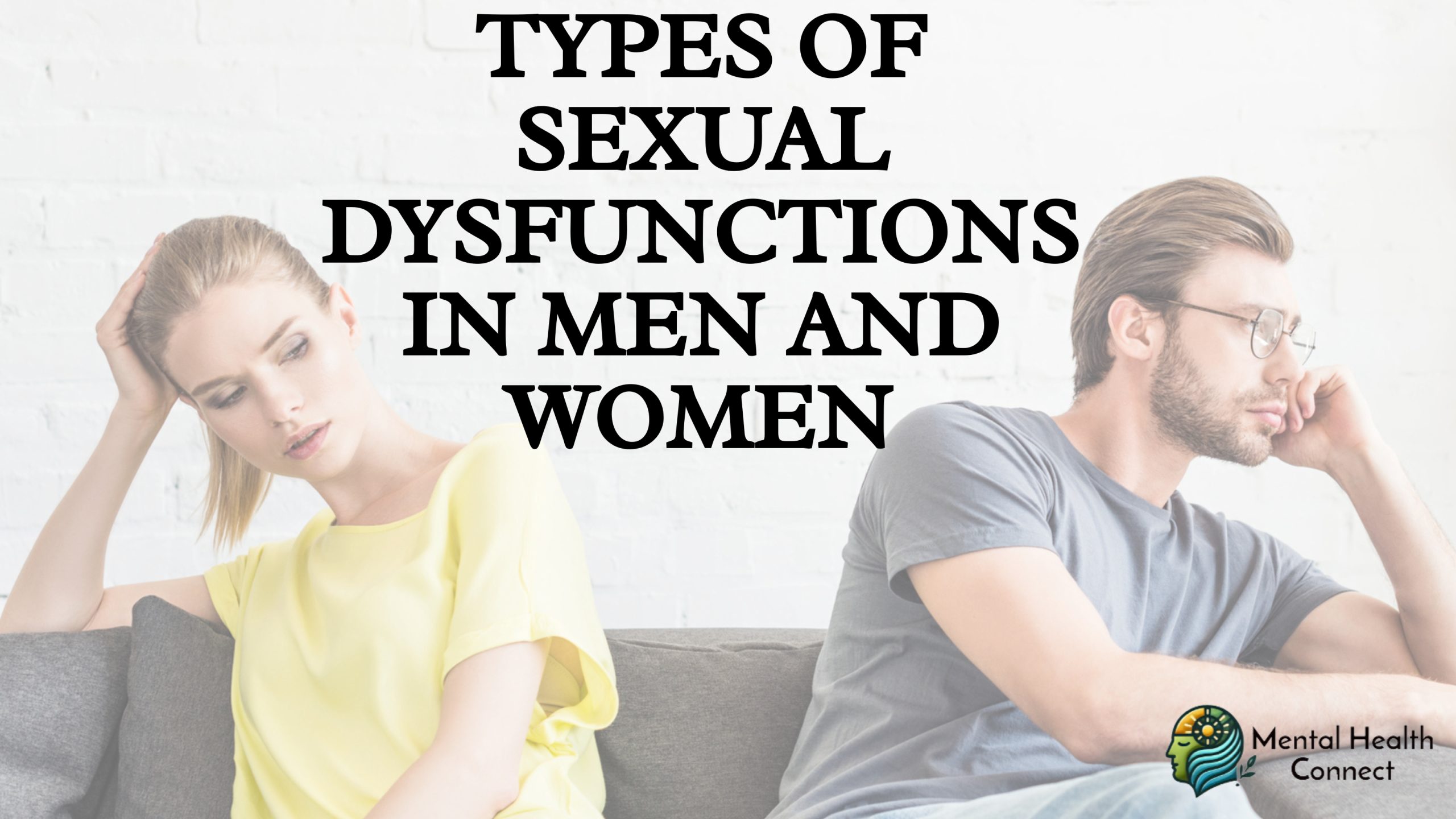
Sexual health plays a vital role in overall well-being and quality of life. However, many individuals experience sexual dysfunctions that can affect their relationships, self-esteem, and mental health. Sexual dysfunction refers to persistent problems with sexual response, desire, orgasm, or pain that hinder sexual satisfaction. Both men and women can experience these issues, but the causes, symptoms, and treatments may vary. Understanding sexual dysfunctions is essential for recognizing the signs and seeking appropriate help. This article explores the various types of sexual dysfunctions in men and women, their causes, treatments, and prevention strategies.
What is Sexual Dysfunction?
Sexual dysfunction is a broad term encompassing various disorders that prevent individuals from experiencing satisfactory sexual activity.
- Arousal Disorders – Difficulty in achieving or maintaining sexual arousal.
- Orgasmic Disorders – Delay or absence of orgasm.
- Pain Disorders – Pain during sexual intercourse (dyspareunia or vaginismus).
Male Sexual Problems and Solutions
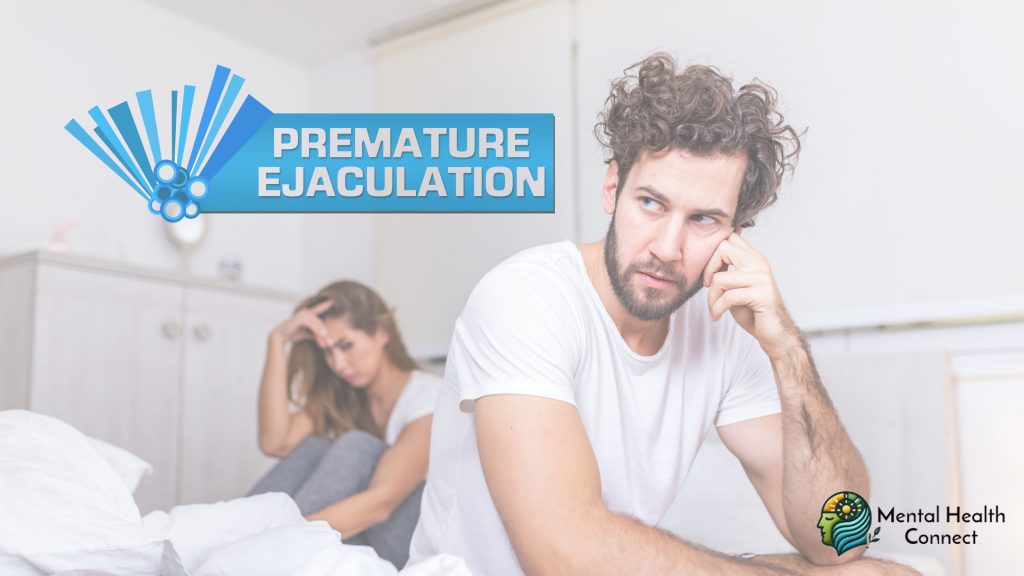
Types of Sexual Dysfunctions in Men
- Premature Ejaculation (PE): Ejaculation that occurs sooner than desired, often within a minute of penetration.
- Delayed Ejaculation: Difficulty or inability to reach orgasm despite prolonged stimulation.
- Low Libido: Reduced sexual desire due to psychological or physiological factors.
- Pain During Intercourse: Discomfort during or after ejaculation, which may be caused by infections, nerve damage, or medical conditions.
Solutions for Male Sexual Problems
- Medication: PDE5 inhibitors like Viagra, testosterone replacement therapy, or antidepressants in some cases.
- Lifestyle Changes: Healthy diet, regular exercise, and quitting smoking and alcohol.
- Psychotherapy & Counseling: Addressing performance anxiety, stress, or relationship issues.
- Pelvic Floor Exercises: Strengthening pelvic muscles can help with erectile function and ejaculation control.
- Medical Interventions: In some cases, surgical treatments or vacuum erection devices may be recommended.
Types of Sexual Dysfunctions in Women

- Female Sexual Interest/Arousal Disorder (FSIAD): A persistent lack of sexual interest or response to stimulation.
- Vaginismus: Involuntary tightening of vaginal muscles, making penetration painful or impossible.
- Dyspareunia: Pain during intercourse due to infections, endometriosis, or other medical conditions.
- Hypoactive Sexual Desire Disorder (HSDD): Persistent lack of sexual thoughts or desire.
Solutions for Female Sexual Problems
- Hormone Therapy: Estrogen therapy can help improve vaginal lubrication and sexual arousal.
- Pelvic Floor Therapy: Kegel exercises to strengthen vaginal muscles and reduce pain.
- Cognitive Behavioral Therapy (CBT): Addressing psychological barriers and enhancing sexual confidence.
- Lubricants & Vaginal Moisturizers: Helping reduce pain during intercourse.
- Open Communication: Discussing needs and expectations with a partner to enhance intimacy.
List of Sexual Disorders
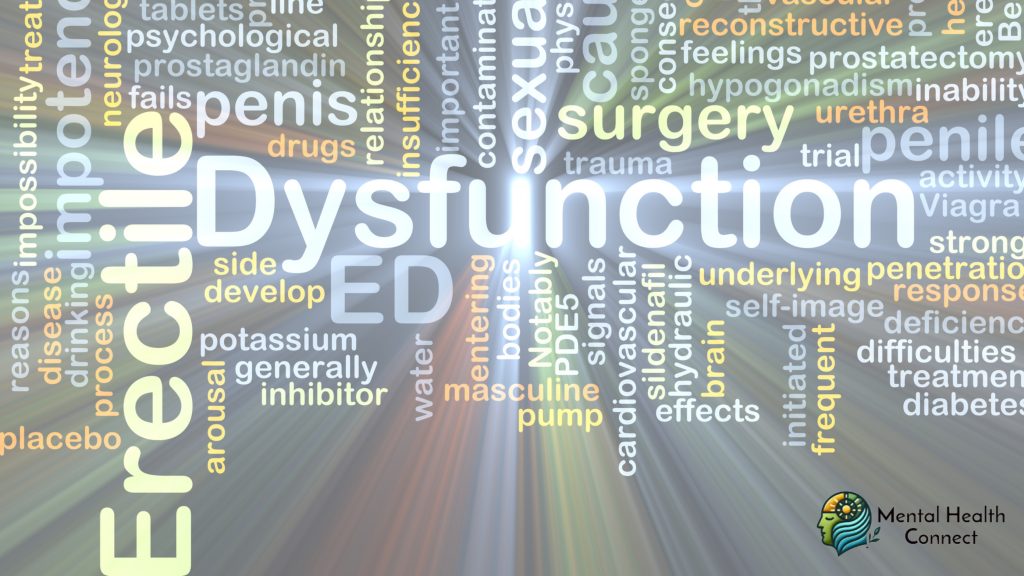
Here is a comprehensive list of sexual disorders affecting both men and women:
- Erectile Dysfunction (ED)
- Premature Ejaculation (PE)
- Delayed Ejaculation
- Hypoactive Sexual Desire Disorder (HSDD)
- Female Sexual Interest/Arousal Disorder (FSIAD)
- Anorgasmia
- Vaginismus
- Dyspareunia
- Genito-Pelvic Pain/Penetration Disorder (GPPPD)
- Peyronie’s Disease
- Priapism
- Persistent Genital Arousal Disorder (PGAD)
- Hypersexuality Disorder
- Sexual Aversion Disorder
How to Address Sexual Dysfunction?
Step-by-Step Guide to Managing Sexual Dysfunction
- Identify the Problem: Recognizing symptoms and patterns in sexual difficulties.
- Seek Medical Consultation: Consulting a healthcare provider for diagnosis and treatment.
- Therapy & Counseling: Cognitive-behavioral therapy, sex therapy, or relationship counseling.
- Medical Treatments: Medications like Viagra, hormone therapy, or surgical interventions.
- Alternative Therapies: Acupuncture, yoga, and mindfulness techniques.
Best Practices for Managing Sexual Dysfunction

- Open Communication: Discuss concerns with partners to reduce anxiety.
- Healthy Lifestyle: Maintain a balanced diet, exercise, and sleep patterns.
- Manage Stress: Engage in relaxation techniques like meditation.
- Regular Medical Check-Ups: Address underlying health issues promptly.
- Limit Alcohol & Avoid Smoking: Reduce factors that impair sexual performance.
Common Mistakes & How to Avoid Them
- Ignoring Symptoms: Early intervention can prevent long-term issues.
- Self-Diagnosing & Self-Medicating: Consulting a doctor ensures appropriate treatment.
- Lack of Communication: Talking openly with a partner can enhance intimacy.
- Unrealistic Expectations: Setting realistic goals for sexual health.
- Not Addressing Underlying Issues: Mental health and chronic conditions should be treated alongside sexual dysfunction.
Future Trends & Predictions
- Advancements in Medication: New drugs and therapies for sexual health.
- AI & Digital Health Solutions: Apps and virtual consultations for personalized treatment.
- Holistic Approaches: Integration of psychological, physiological, and lifestyle changes.
- Awareness & Education: Increased openness and discussion about sexual health.
FAQs
1. Can sexual dysfunction be cured?
Yes, many cases of sexual dysfunction can be treated with medications, therapy, lifestyle changes, or medical interventions. The success of treatment depends on the underlying cause.
2. How does age affect sexual dysfunction?
Age-related hormonal changes can impact sexual function, leading to reduced libido, erectile dysfunction in men, or vaginal dryness in women. However, healthy habits and medical treatments can help maintain sexual health.
3. When should I see a doctor for sexual dysfunction?
If sexual difficulties persist for several months, cause distress, or impact relationships, it’s advisable to seek medical consultation for diagnosis and treatment options.
4. Are there natural remedies for sexual dysfunction?
Yes, certain lifestyle changes like a balanced diet, regular exercise, stress management, and herbal supplements (ginseng, maca root) may help improve sexual health.
5. Does mental health impact sexual dysfunction?
Yes, mental health conditions like anxiety, depression, and past trauma can significantly affect sexual desire, arousal, and performance. Therapy and counseling can be beneficial.

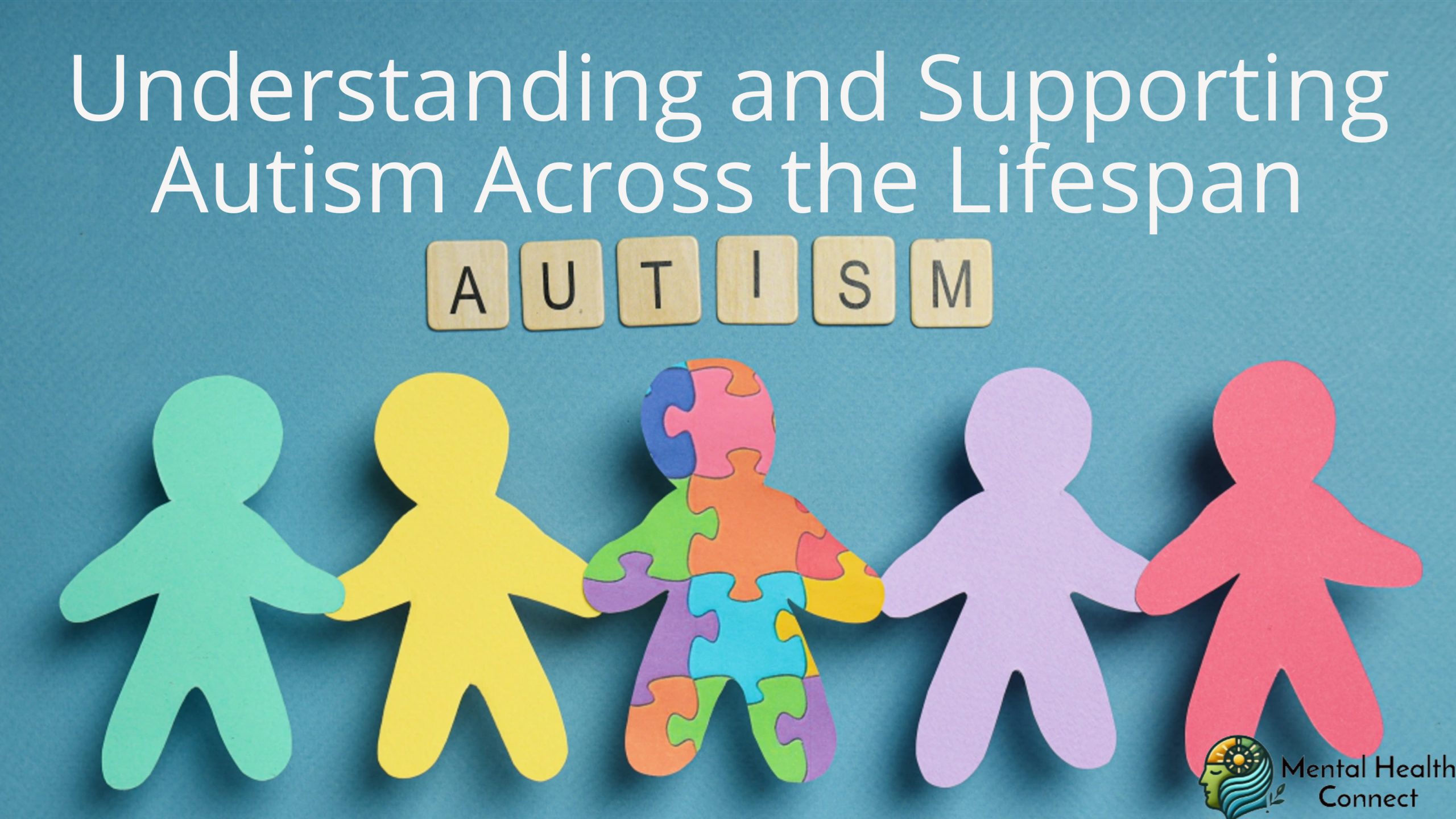
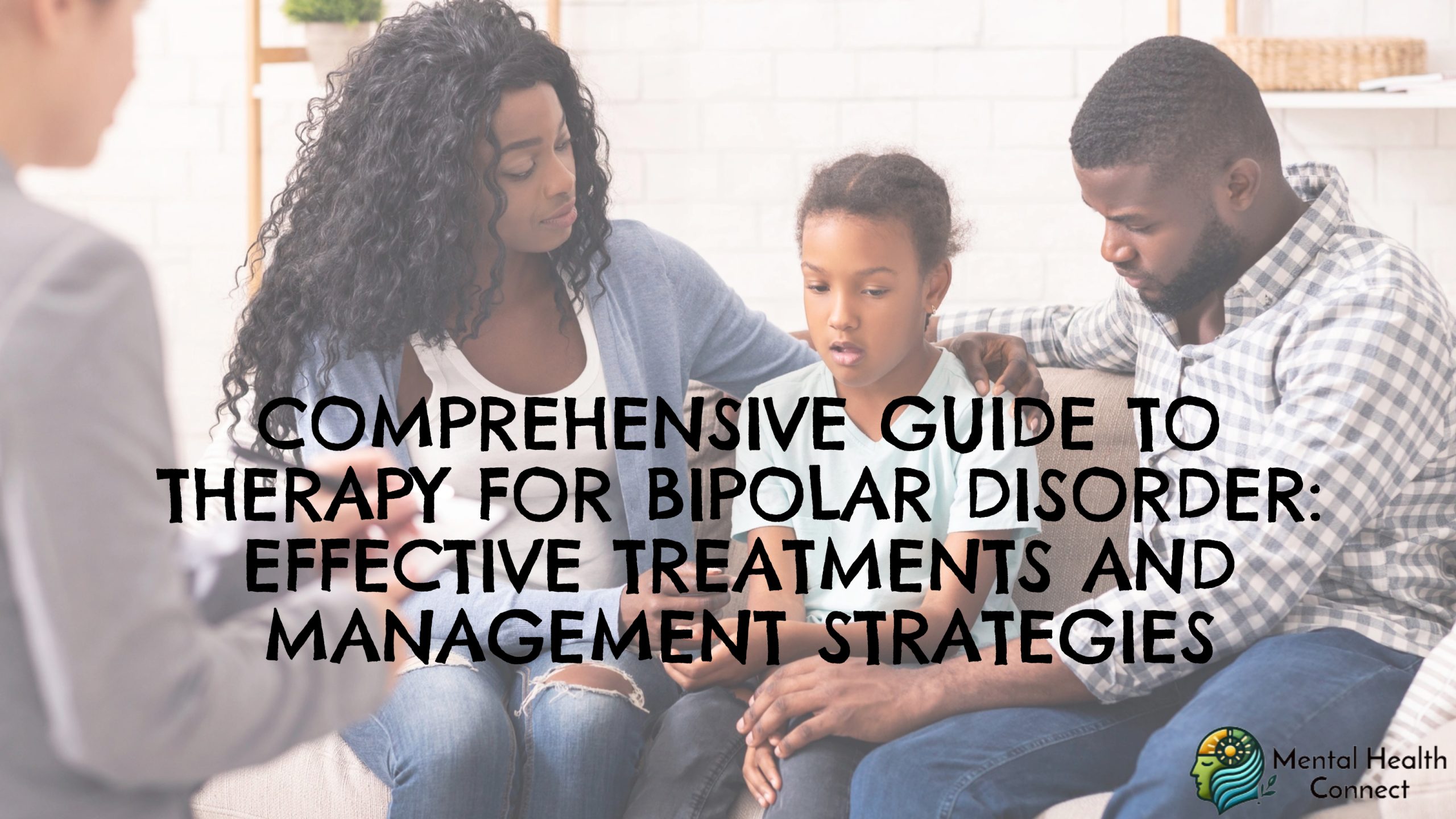
Leave a Reply